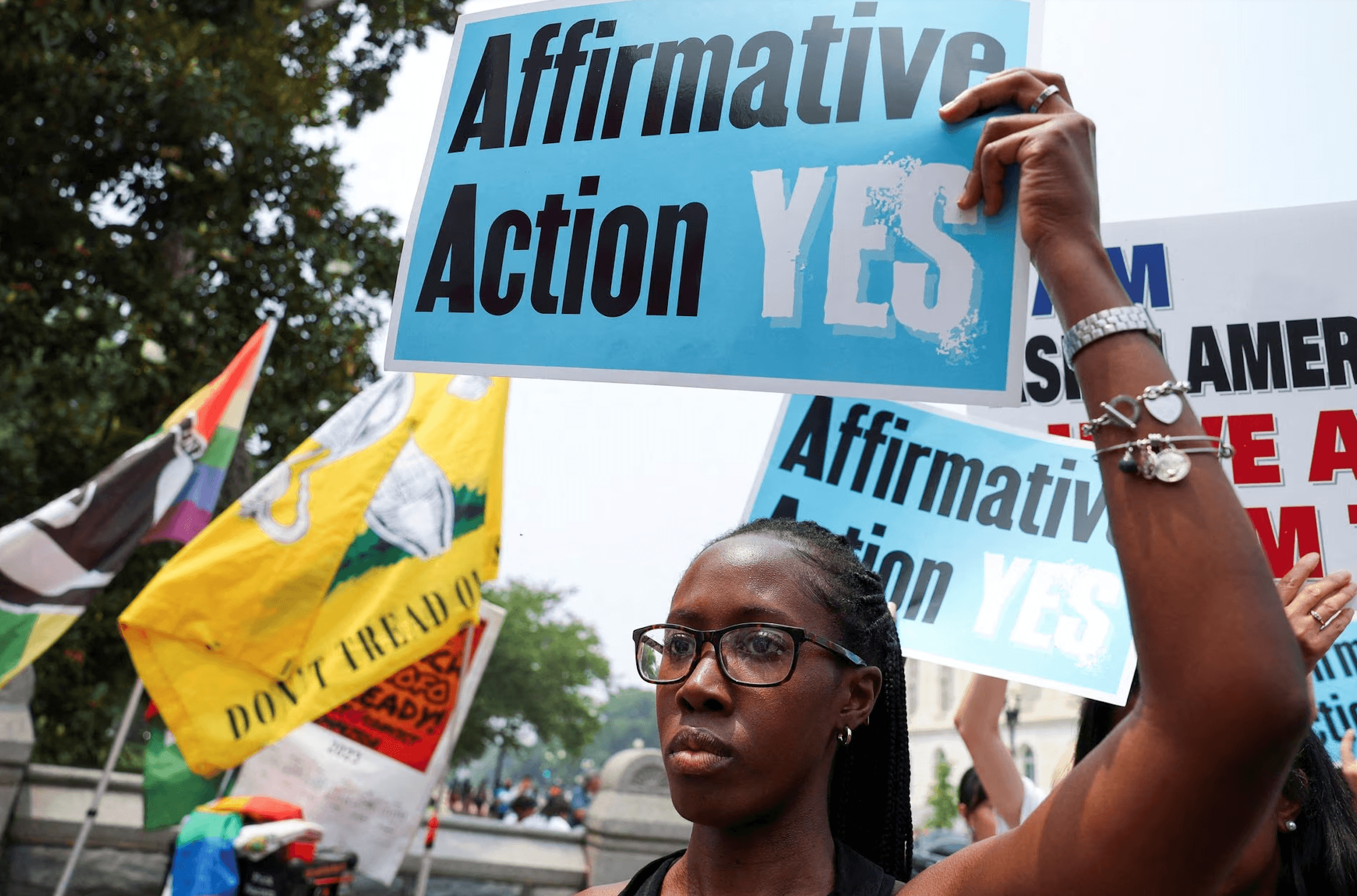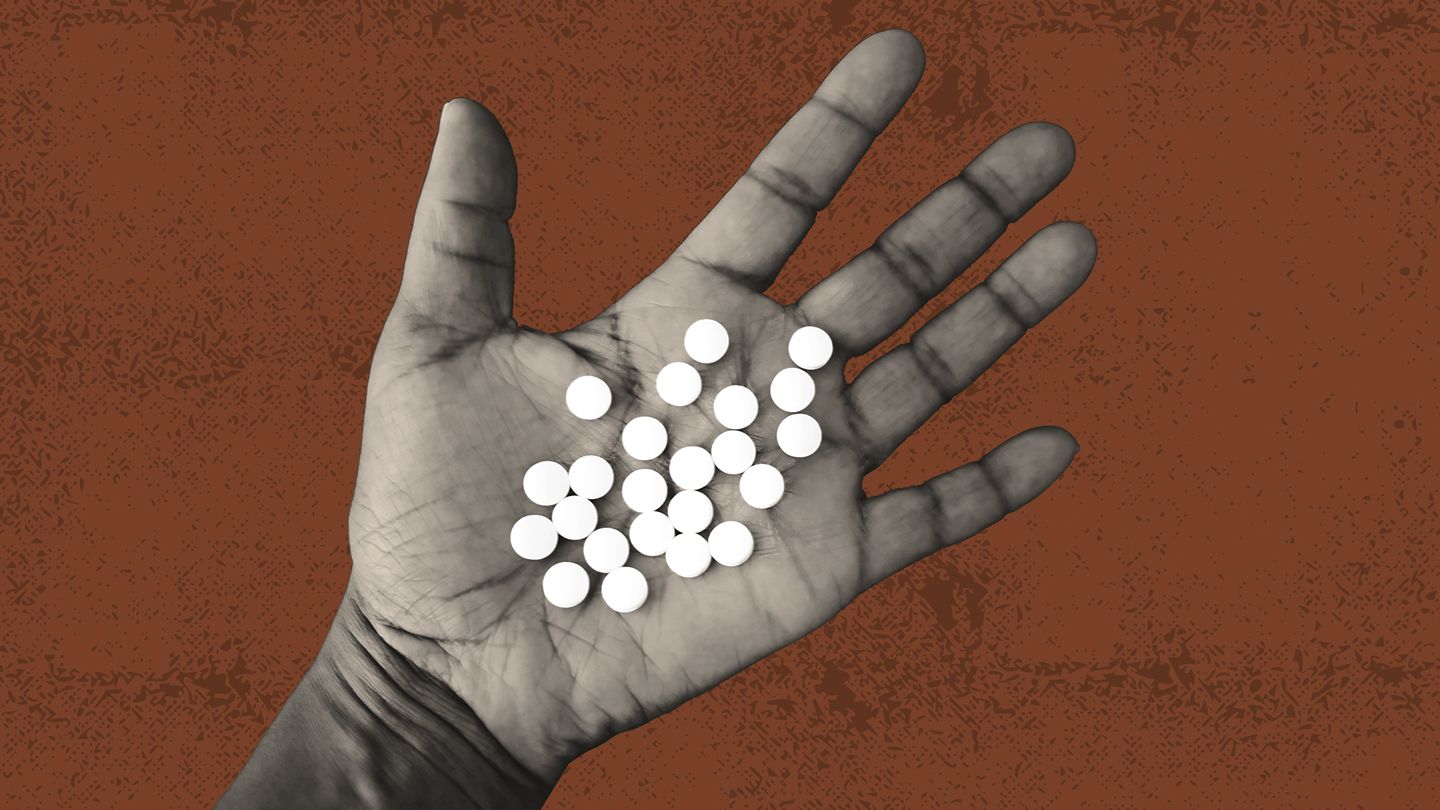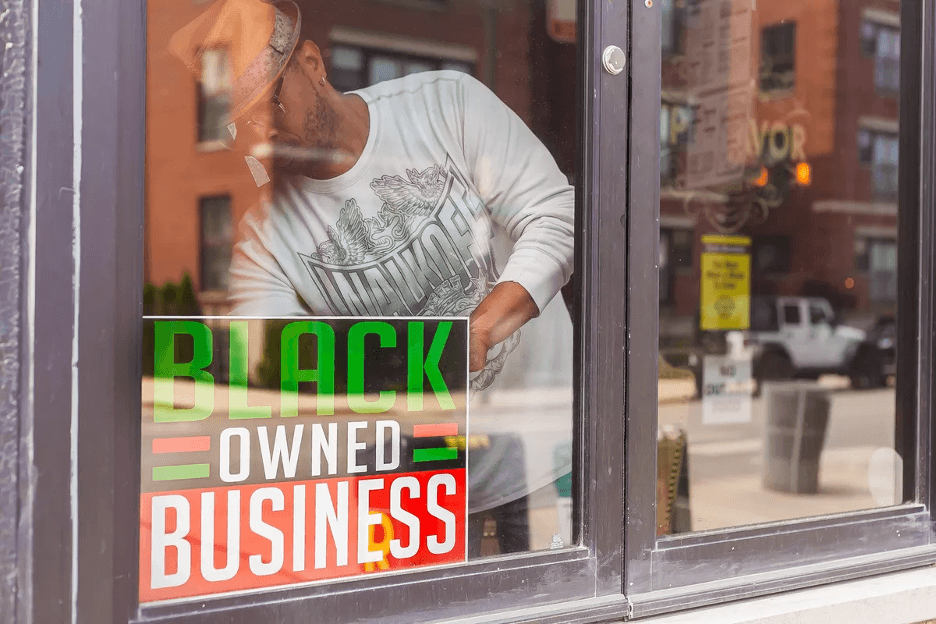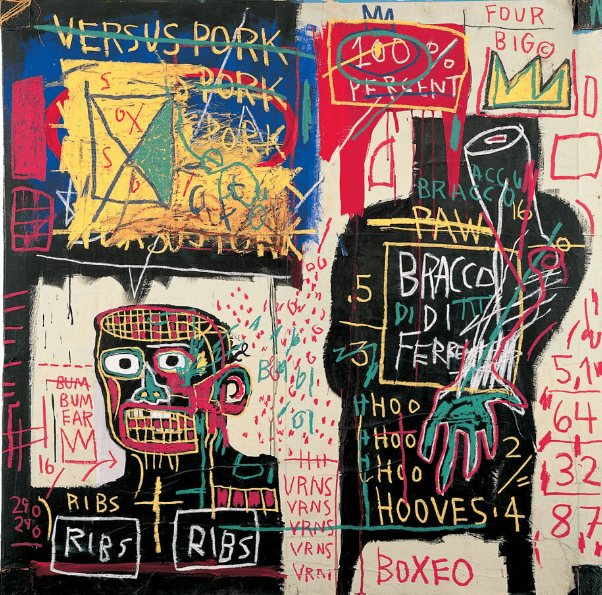By Brooke Sinclair
- SCOTUS ruling against race-based admissions in colleges and universities will have long last economic consequences
- Only 6% of the Harvard population is Black and 43% of accepted Caucasian applicants are either athletes, legacies, or the children of faculty or donors
The Supreme Court’s decision to alter affirmative action in college admission was a great disappointment to millions of individuals across the nation. Affirmative Action is a uniquely American policy that dates back to Reconstruction and has an intrinsic dynamic component. The Supreme Court decision on college admissions could lead companies to alter recruitment and promotion practices to pre-empt legal challenges.
Why This Matters: Beyond college admissions, Affirmative Action regulation in the labor market has positive effects in equalizing employment rates for women and minorities with respect to white men without a true path forward for racial equity. Herein lies the problem, Congresswoman Grace Meng tweeted that only 6% of the Harvard population is Black. However, 43% of accepted Caucasian applicants are either athletes, legacies, or the children of faculty or donors. Mainstream media has said the loss of affirmative action hurts Black people, but in reality, this ruling was a big win for Descendants of U.S. Chattel Slaves.
This ruling was an education in American history that cannot be banned, altered, or hidden. Supreme Court Justice Thomas redefined people of color to expressly refer to those formerly enslaved in our country. Commonly known today as American Freedmen, Foundational Black Americans, or Native Black Americans. Previously, it was revised in 1965 affirmative action was originally written to exclusively benefit the former slaves because various ethnicities did not exist in America. Before immigration, everyone in this country was separated by race, people were either Black or white, there was no in-between.
It was President Lyndon B. Johnson who amended affirmative action in 1965 to ensure equal opportunities for employment and education without regard to race, religion, or origin. Although President Johnson added women, minorities, and religion to affirmative action in 1965, nine states still banned affirmative action in higher education years ago.
Prior to affirmative action colleges and universities did not need a compelling reason to discriminate against former slaves, the original people of color. Denying admission to colored people was standard practice for Ivy League schools, so instead of begging for acceptance, Freedmen proudly built Historically Black Colleges and Universities.
Situational Awareness: After a careful review of the court’s ruling to ban race-conscious affirmative action in higher education, we found affirmative action has not been struck down. Instead, Justice Sotomayor, Justice Thomas, and Justice Brown Jackson issued an unprecedented ruling and fiery opinions clearly clarifying “people of color” as historical terms for Freedmen. This is a neutral category for former slaves, an under inclusive proxy for race, that appears in the ruling more than 20 times. Critics state the Supreme Court rolled the country back six decades and perhaps it did.
CBX Vibe: “Affirmative Action” Nas









